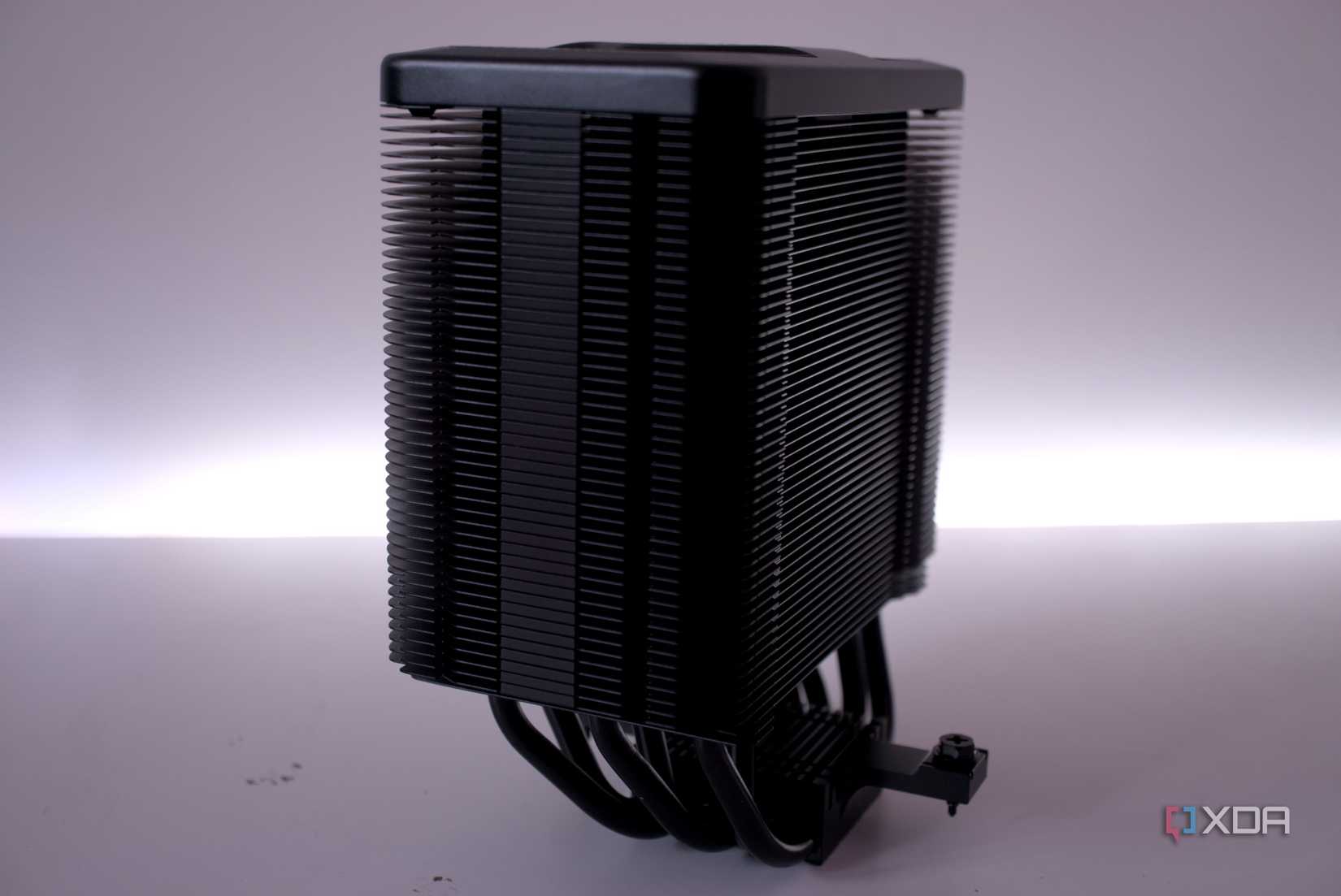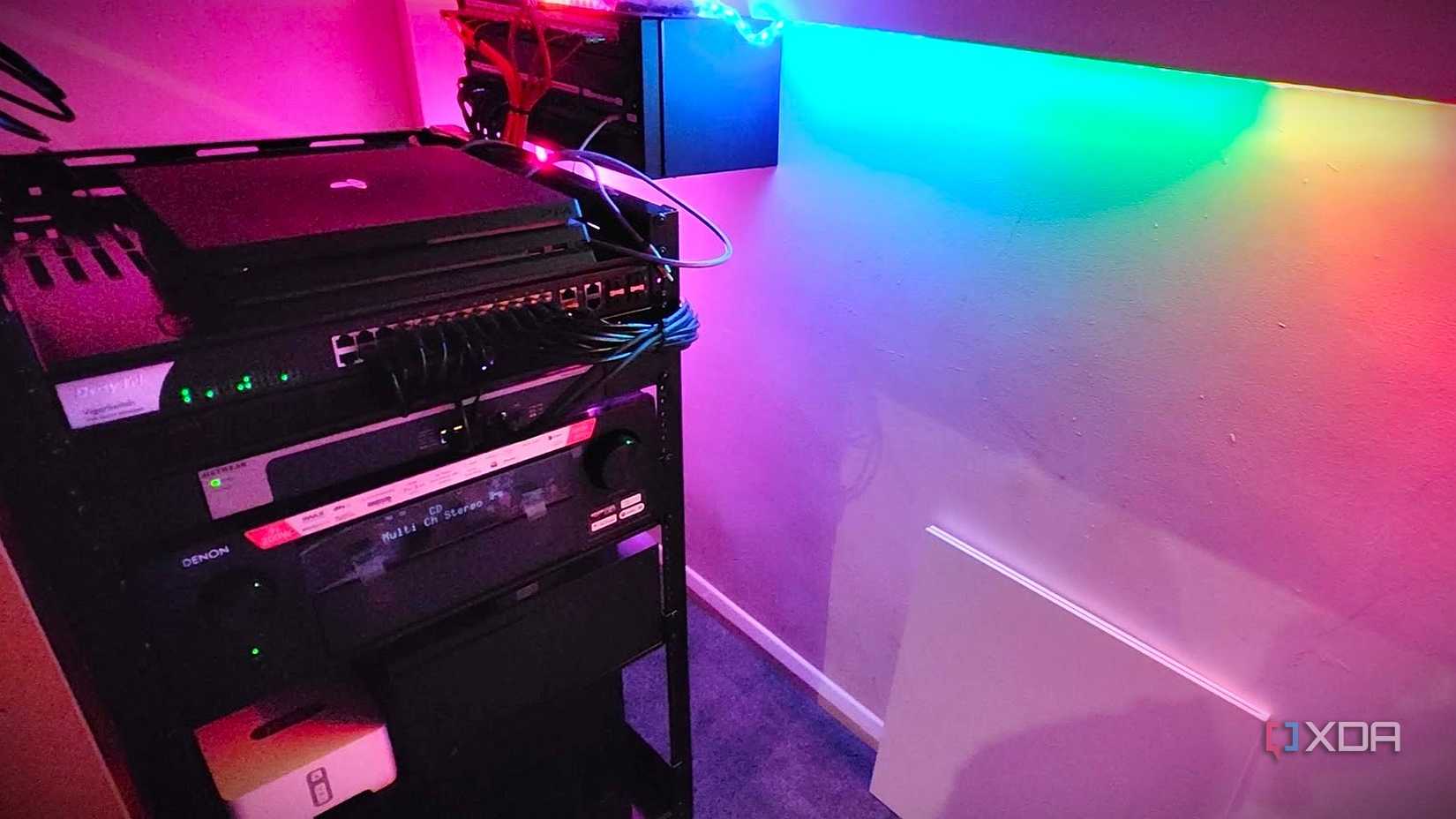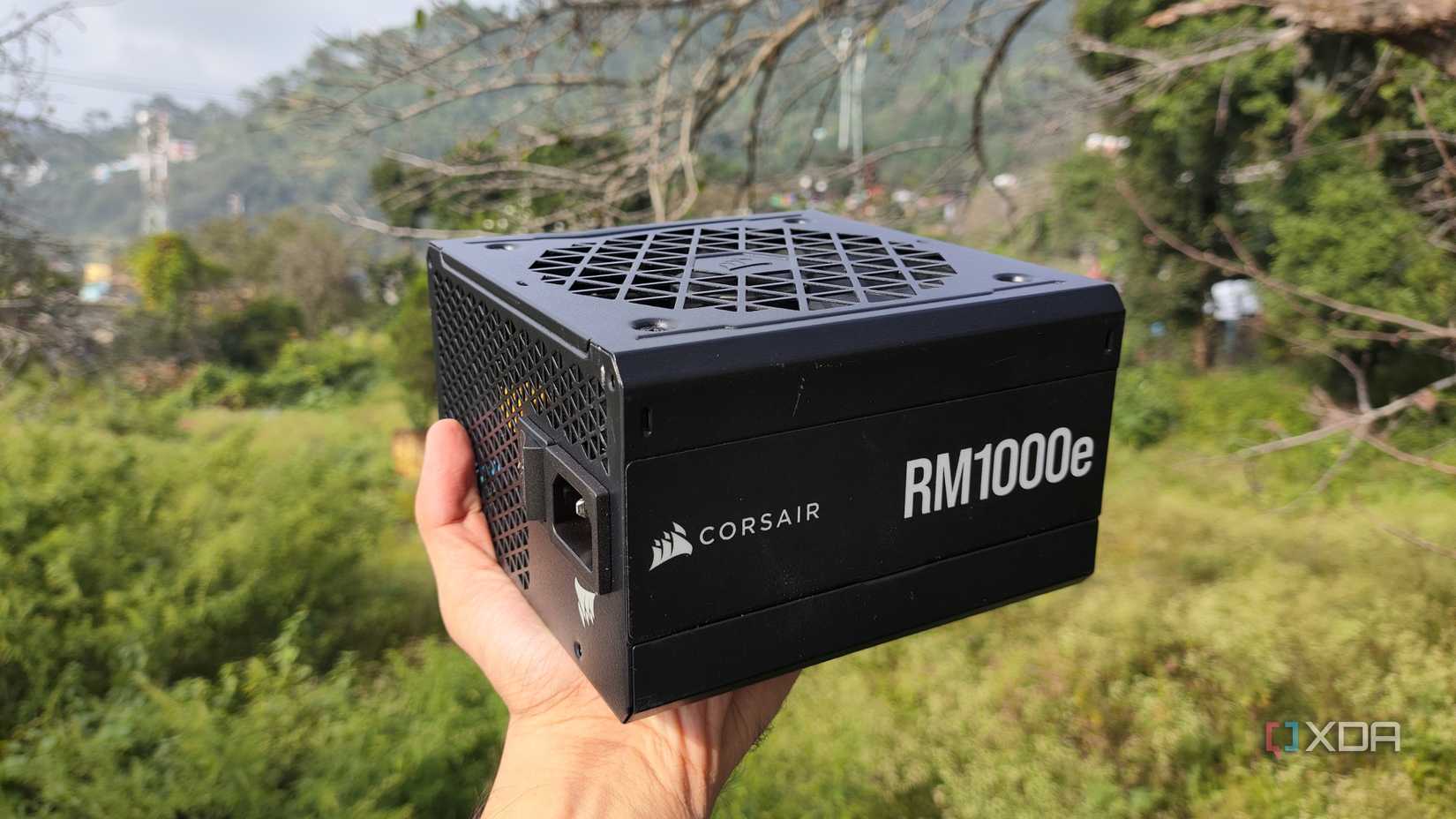A good CPU is always going to be a key part of a home server, but there are a few other components you won't want to overlook when building your new server. Obviously, a home server is going to need more than just a quality processor and graphics card, but even if you account for a good motherboard, sufficient memory and networking bandwidth, a server will need a bit more than that.
Of course you've probably considered your cooling solutions, storage options, case and power supply. But while these may feel like "afterthought" components, you'll want to make sure you consider your options carefully when picking these underappreciated components.
Server cooling
Thermal throttling a server is not fun times.

Server cooling options range from more traditional fans to heatsinks to liquid and water cooling.
Whether you're using your home server for self-hosting various apps or AI workloads, using it as a digital media library, or running your own game servers, you'll want to make sure you've got adequate cooling for your home server, since thermal throttling on a server system can tank more than just your experience.
The more powerful the processor and GPU you put in your server, the more robust the cooling you'll need. While cooling fans can boost airflow through the server, it may not be sufficient cooling depending on your other components. You may need heatsinks for your storage solutions, Wi-Fi card, and potentially even for your RAM slots. You can also opt for liquid or water cooling to keep your home server cool, which may be ideal if you're running an AMD Threadripper in your home server.
Storage options
Hard-disk drives vs SSDs
You can use modern PC parts in your home lab or server, and that will have some advantages when it comes to replacing parts or less noise, but storage is perhaps the one place you may want to edge on the side of older tech.
While SSD storage is getting more affordable than ever, you've still got to worry about write amplification. And if you're using your home server for self-hosting or as a media streaming library, you may want to go old-school and nab some large-format HDDs for added storage space, lower cost, and no worry of write amplification shortening your storage lifecycle.
You can always opt for solid state drives if you're using your home server for smaller workloads that won't create a bunch of temporary files, or if you don't need to store a decade's worth of film and tv shows. While SSDs are getting cheaper, if you're going to put a lot of bulk media on your home server, opting for HDDs is still more cost-effective. You can also use a combination of SSDs and HDDs for your server if its going to be a multipurpose solution.
Case
How will you house your server?

There are advantages to the classic server rack solution, particularly if you're going for an air-cooled system or using a single-loop liquid cooled system. But a server rack requires a rack-mountable case which might take up more space than you have at hand, and they aren't easy to come by at your local computer shop or Best Buy.
Depending on the CPU and GPU you're looking to slot, as well as how much RAM and storage you need, you might be able to opt for a standard ATX, micro-ATX, or mini ITX case. This may leave you having to swap your intended motherboard if you were going for a full rack-standard mainboard, but it will likely be more cost and space-effective for a home server than for a data center. And if you've got a full data center running out of your house, you've got more to worry about than space and price concerns.
But for most enthusiast builds, opting for something like the Fractal Node 804 case is probably the best solution for a home server or NAS build.
Power Supply
Never cheap out on a good PSU

Like most people, when I'm picking parts for a PC or a home server setup, I tend to leave the case and PSU for last. This doesn't mean they're not important parts of my build, but that I'm less tied to one particular component or another.
That said, you want a high-quality power supply with a high rating on either the PLUS80 or Cybernetics ranking systems, indicating stable power delivery with minimal voltage ripple, and solid power efficiency. While this is a key consideration for all PSUs you might slot into any computer build, you want to take extra care with your home server that will be in consistent use for years. A highly rated PSU can last up to ten years, and if you're building a self-hosting server or media library, you're likely going to want that server operating at peak capacity for a good, long while.
A high-quality PSU is even more essential if you're running a powerful CPU or CPU and GPU combination on your server because you'll need to ensure stable power draw even under high workloads.
These are all necessary pieces for your server
While a case, storage, power supply, and cooling system are all essential to the running of a home server, you want to be careful when selecting each and every component of your new server. While you can probably get away with cheaper options in a case or in cooling solutions, you'll get better performance out of parts you selected by researching your case, making sure it will house all of your other components, and confirming whether it's adequately cooled.
Although HDDs are generally cheaper than SSDs still, making sure you get quality storage that won't suffer from write amplification or data loss is ideal whether you're self-hosting apps and games, or if you're using your server as a media library. And a good PSU should never be an afterthought.
.png)











 English (US) ·
English (US) ·